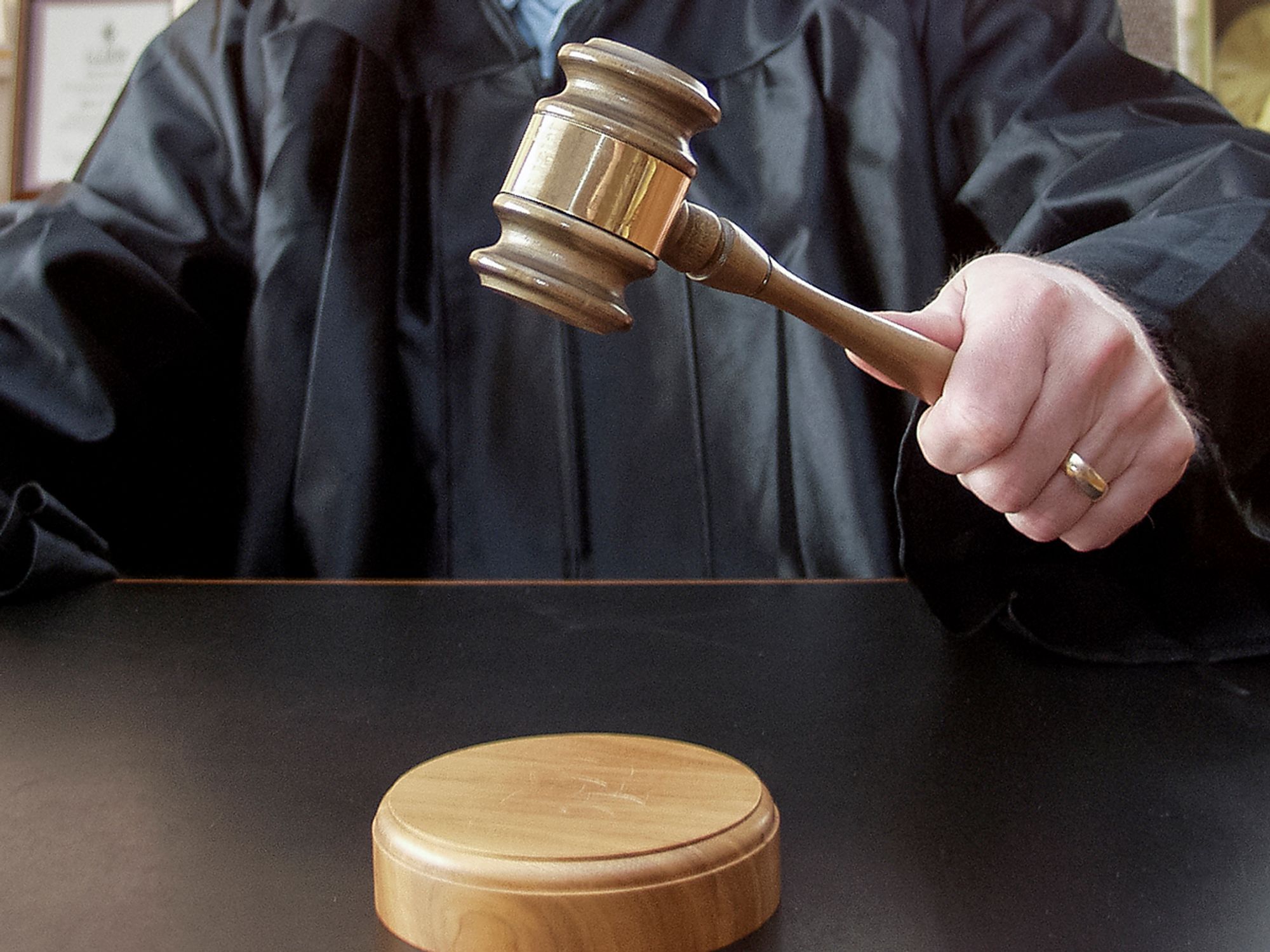Use of court orders

- The NLRA empowers the NLRB to petition federal district courts for injunctions.
Section 10(j) of the National Labor Relations Act (NLRA) empowers the National Labor Relations Board (NLRB) to petition a federal district court for an injunction to:
- Temporarily prevent unfair labor practices by employers or unions; and
- Restore the status quo, pending the full review of the case by the Board.
In enacting this provision, Congress was concerned that delays inherent in the administrative processing of unfair labor practice charges, in certain instances, would frustrate the Act’s remedial objectives.
In determining whether the use of Section 10(j) is appropriate in a particular case, the principal questions are:
- Whether injunctive relief is necessary to preserve the Board’s ability to effectively remedy the unfair labor practice alleged; and
- Whether the alleged violator would otherwise reap the benefits of its violation.
Under NLRB procedures, after deciding to issue an unfair labor practice complaint, the General Counsel may request authorization from the five-member Board to seek injunctive relief. After considering documents submitted by the General Counsel, the Board votes on whether to authorize injunctive proceedings. If a majority votes to do so, the General Counsel, through their regional staff, files the case with an appropriate federal district court. The court may grant such temporary relief as it deems “just and proper.” The order, subject to appeal in a U.S. Court of Appeals, remains in effect while the Board fully adjudicates the merits of the unfair practice complaint or until the case is settled.
In addition, Section 10(l) of the Act requires the Board to seek a temporary federal court injunction against certain forms of union misconduct, principally involving:
- Secondary boycotts; and
- Recognitional picketing.
Finally, under Section 10(e), the Board may ask a federal court of appeals to enjoin conduct that the Board has found to be unlawful.
